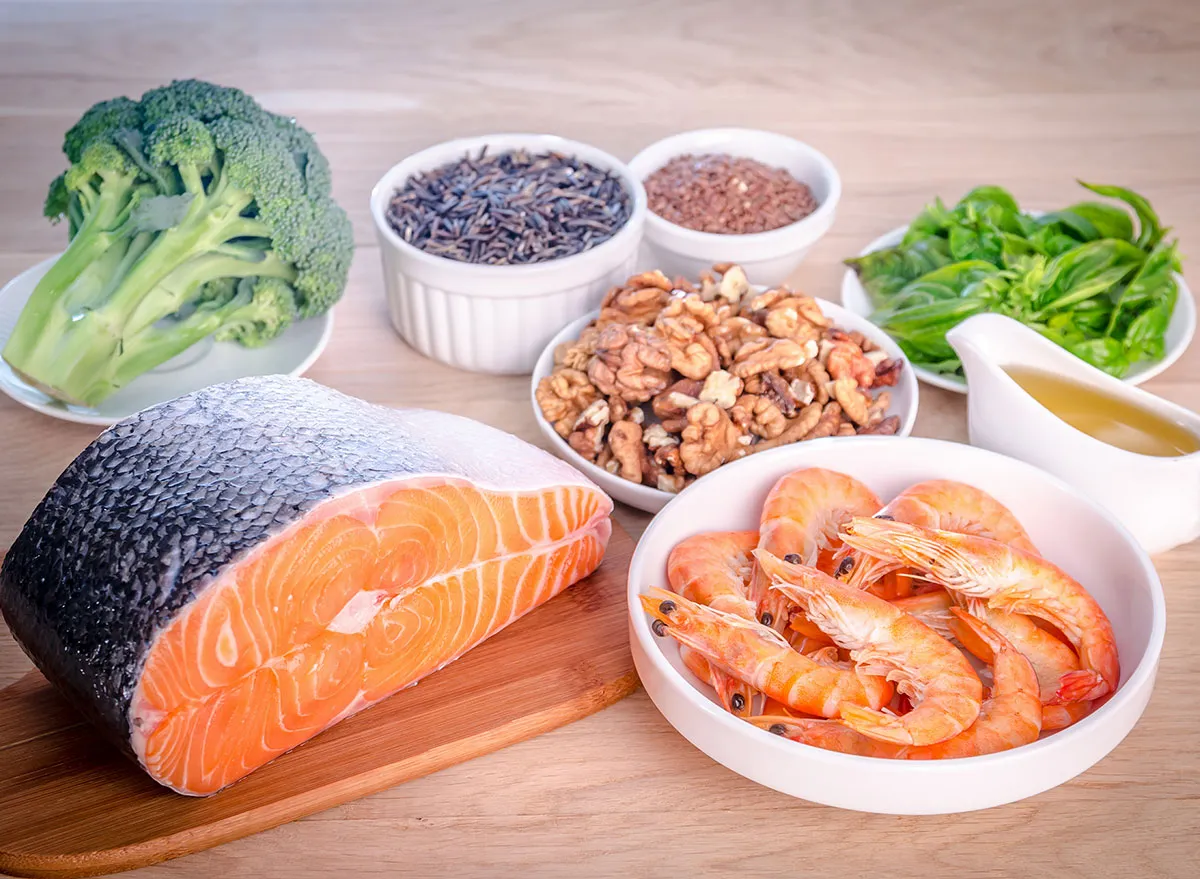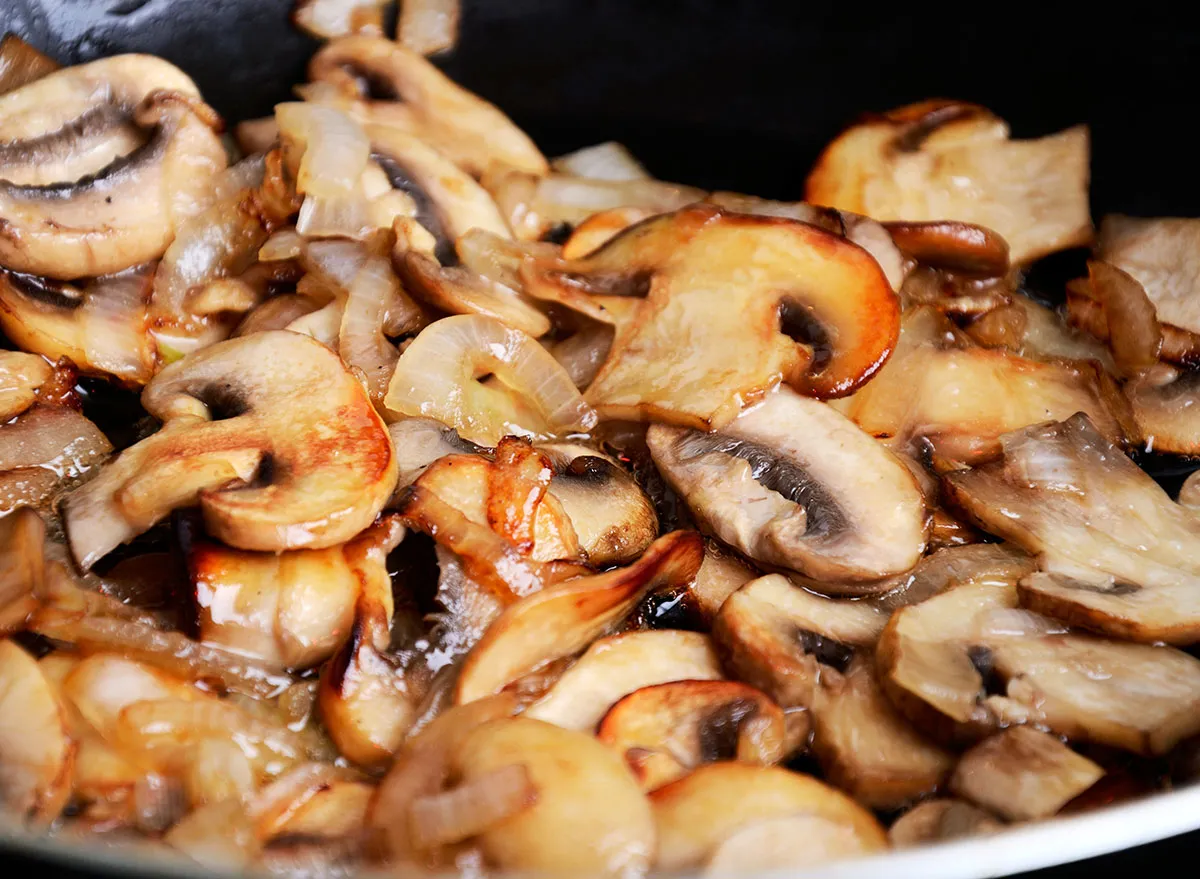Your immune system is a complex network of several organs and tissues and more than 15 different specialized immune cells like T-cells, natural killer cells, and basophils that all work together to defend your body against pathogens—whether that's harmful bacteria, viruses, or other pathogens. To say it's pretty complex would be an understatement. However, despite the complexity of your immune system, it's not as difficult to keep it operating at its best. In fact, one of the easiest ways to support immune health is by following a healthy diet.
Choose nutrient-rich foods

Since no single food will provide all the nutrients your immune system needs to function at its best, focus on a total diet approach and choose natural, whole foods like fruits and veggies; lean proteins; wholesome fats; and whole grains. All of these types of foods can help ensure that you meet the recommended daily intakes for key immune-boosting nutrients. The nutrients most closely linked to cells in the immune system include vitamins C and D; vitamin K, selenium, lycopene, probiotics, protein, and omega-3 fatty acids.
Most of your meals and snacks should focus on nutrient-packed natural, whole foods while limiting processed foods; baked goods; sweets and salty snacks; and alcohol as these foods and beverages provide so-called "negative nutrients" that tamp down the body's natural immune response.
Opt for omega-3s

Long-chain omega-3 fats, present in foods like fatty fish, walnuts, seeds, flax seeds, and chia seeds help temper inflammation and enhance immune function. A review study reported that there are 30 years of research supporting the role of omega-3 fats in a healthy immune system.
To maintain a healthy balance of omega-3s to immune-weakening omega-6 fatty acids, try to have omega-3 rich foods frequently in your diet while limiting foods rich in processed oils including soybean, sunflower, and canola oils, which are rich in omega-6 fats. Omega-6 polyunsaturated fats and saturated fats have been shown to suppress the immune system when eaten in excess. To limit omega-6 fats and saturated fats limit high-fat meat and full-fat dairy products, processed foods, commercial baked goods, crackers, and other packaged shelf-stable and frozen foods.
Eat more plants

Eating 5 to 8 servings of colorful produce can also support your immune health. Seek to include a rainbow of colorful foods in your diet, including reds, orange, yellow, blues, greens, and whites. One color we shouldn't forget is brown—the color of mushrooms.
Mushrooms contain several nutrients important to immune function including vitamin D, selenium, beta-glucans, and antioxidants. One study found that participants who enjoyed mushrooms daily had improved immunity and reduced inflammation, compared to controls. Include citrus daily for its immune benefits. Citrus is rich in vitamin C and folate and many beneficial antioxidants. Try in-season Cara Cara oranges for the additional antioxidant lycopene they provide. Other lycopene-rich produce picks include watermelon and tomatoes.
Limit added sugars

Many foods provide the nutrients that your immune system thrives on, while other foods may weaken your body's immune response. These foods include those high in added sugars, like soda, baked goods, and candy. Researchers believe that added sugars inhibit your immune response and alter your gut microbiome.
Studies show that individuals with high blood sugar have higher levels of pro-inflammatory markers and a suppressed immune response. What's more, if your meals and snacks are full of foods and beverages rich in added sugars, it means that you're likely missing out on those important nutrients for optimal immunity, including zinc.
Avoid alcohol

It's okay to enjoy an alcoholic beverage on occasion, but reams of research show that there is an association between excessive alcohol or binge drinking and immune-related health issues. In fact, research shows that alcohol disrupts normal immune pathways, making it harder to defend against colds, flu, and respiratory diseases. Studies show that alcohol alters the beneficial microbes in the GI tract, which help trigger a normal immune response. If you drink, stick to public health guidelines, and enjoy no more than a drink per day; but for your immune health, limiting alcohol is best.